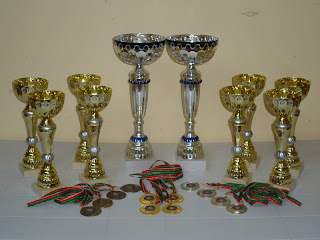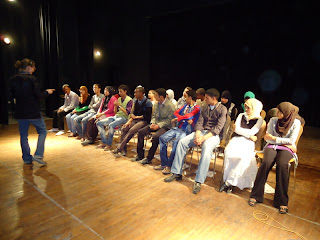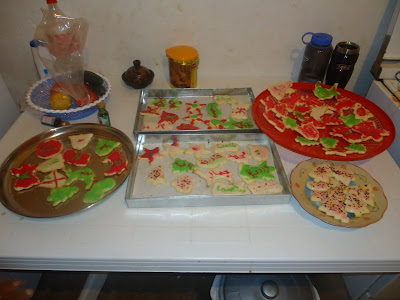Happy World Book Day to everyone!
As a person who worked in the book business for 37 years, most of my working career, this is a day that is close to my heart. There are several things that make it especially dear to me this year.
The first is that the U.S. has adopted a great idea from the U.K. and created World Book Night, run by my old friend Carl Lennertz, one of the great enthusiasts for books in the U.S. On this day, 20,000 people in the U.S. will give away 1,000,000 books to whomever they choose. What a great way to share the love of reading and show how you value the worth of books. You can see the list of books being given away in the U.S. at the World Book Night site. And here’s a link to the U.K. site as well.
The second is that Ann Patchett, one of my favorite novelists – and also a bookseller – was named one of TIME Magazine’s 100 Most Influential People in the world for 2012. In an op ed piece in the NY Times recently, in which she lamented the Pulitzer Prize committee’s decision not to award a fiction prize this year, she wrote this:
Reading fiction is important. It is a vital means of imagining a life other than our own, which in turn makes us more empathetic beings. Following complex story lines stretches our brains beyond the 140 characters of sound-bite thinking, and staying within the world of a novel gives us the ability to be quiet and alone, two skills that are disappearing faster than the polar icecaps.
 |
| Joe reading Neil Gaman's American Gods in my courtyard |
The third is that my son Joe is visiting me, and he spends a significant chunk of every day with his nose in a book. It warms my heart that this boy – now man – that I read with every night for the first 13 years of his life has rediscovered reading. What adventures we had – Tin Tin, the Little House books, the very first Harry Potter book – too many to list. And what good times we’re having now as we each talk of the books we’re in. He recently finished Heinlein’s Stranger in a Strange Land, Heller’s Catch-22, and Neil Gaiman’s American Gods, and has just started Murakami’s Kafka on the Shore.
And the fourth is that, after living in a small village in Morocco for a little over a year now, I see even more clearly the important role that books play in changing individual lives, culture, even a country. In my town, except in my own house, only one time have I seen a book other than a textbook or a Koran. I have never seen a person reading for pleasure, or, for that matter, even for information. This is a good town, with good people, but it is also a town with a narrow vision, and a short vision.
This “bookless” culture is not confined to small villages. The city of Agadir, with a population of about 700,000, does not have a public library. In most schools, the libraries, if they exist, are locked most of the time and primarily contain textbooks. A recent report found that Moroccans spend an average of only 1 dirham (about 12 ½ cents) on books a year, and only 1,000 new books are published in Morocco each year.
 |
Fatima "reading" Goodnight, Gorilla, by Peggy Rathman
in Tamazight to a couple of local children |
But there are individuals, of course, who are fascinated by books. I’m speaking mainly of children who, like children everywhere, thirst for stories – stories that help explain their own lives to them but also, in Patchett’s words, help them imagine lives other than their own. And there a few adults, too. In my village, I’ve found one so far (there may be others) - Fatima, one of my host sisters. In February, on my return from the Marrakesh Marathon, I gave Fatima and Sulayman, my 6-year-old host nephew, each a book in Arabic – the first book either of them had ever owned. So that was my World Book Day, I suppose.
Since then, I’ve gotten a few wordless (or nearly wordless) books from the States. Fatima has become the storyteller, supplying a Berber text to these wonderful stories. My plan is to create a library here in my village in connection with the women’s association I work with. I’ll tell you more about that in a future post.
I guess the best way to close is to mention what I’m reading. I recently finished, Cry, the Beloved Country, and Things Fall Apart, two African classics which, aside from their intrinsic beauty and power, help me understand a little bit better what I’m experiencing here in Africa. I’m currently reading Arabian Nights and Days by the Egyptian Nobel laureate, Nagoub Mahfouz and a very funny unpublished novel, A Speckled Axe, by James Quackenbush, a friend of mine.
~~~~~~~~~~~~~~~
I didn't want to begin with an apology, but I know I'm waaaay behind in posting to this blog. I've been busy! And I have lots to tell! And I will soon...insha'allah.


























